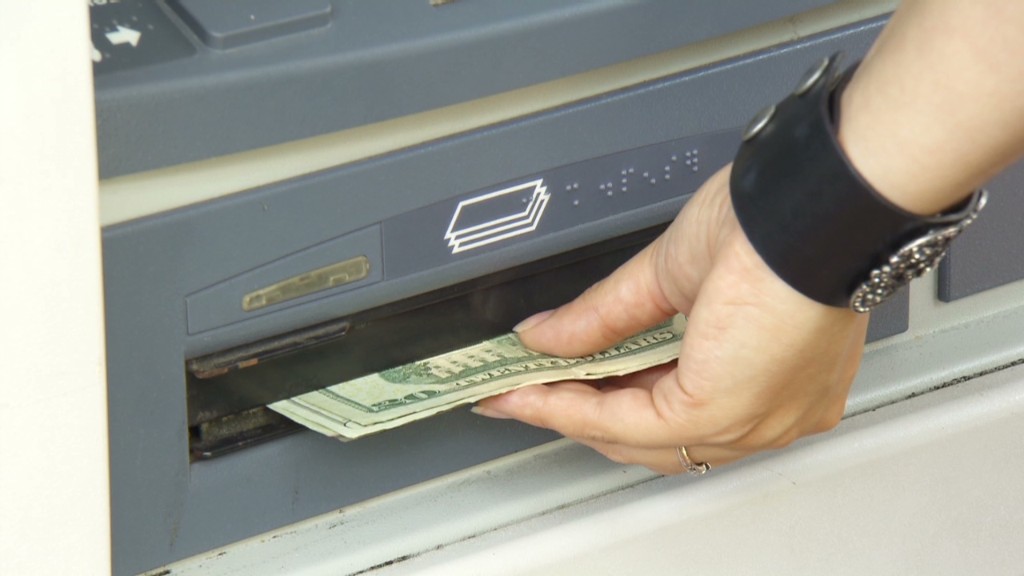
Nearly 80 million taxpayers use paid tax preparers. But 60% of those preparers are not regulated by the IRS.
Why? Because the agency is only allowed to impose requirements on tax attorneys, enrolled agents and certified public accountants.
Unless they work in a handful of states, such as Oregon, with oversight programs, federally unregulated preparers have no obligation to get tax education and training or demonstrate competency in tax return preparation.
"The absence of minimum competency standards for return preparers leaves these taxpayers vulnerable," Nina Olson, National Taxpayer Advocate, told members of a Senate committee Tuesday.
And by vulnerable, think fleeced.
Related: Tax preparer horror stories
At a minimum, taxpayers risk filing returns with mistakes. The Government Accountability Office found preparers had a higher error rate when it came to figuring taxes due or refunds owed than did Americans who prepared their own returns.
And they risk high fees, fraudulently claimed refunds, and the diversion of refunds to buy unrelated products hawked by some tax preparers. People who find their preparer at a non-tax-related business, like a car dealership or furniture store, are especially vulnerable, Olson noted.
Related: 7 surprising 2014 tax facts
While the IRS is authorized to penalize and sanction fraudulent preparers, it can do so only after a taxpayer has been harmed.
And even then, "it is generally the taxpayer -- not the preparer -- who is left holding the bag when the IRS determines more taxes, plus interest and penalties, are due," Olson said.
That's why she told lawmakers on Tuesday that Congress should authorize the IRS to test unenrolled preparers and impose continuing education requirements.

Short of that, she recommends the IRS undertake administrative measures to protect taxpayers. Among them, she wants the agency to offer preparers the opportunity to earn a certificate if they take a voluntary exam and opt for continuing tax education.
Her best advice in the meantime? Be sure to get a copy of your return with the preparer's signature and address along with his Preparer Tax Identification Number. That way if there's a problem after the fact and the IRS comes calling, at least you have proof you may have been duped.
